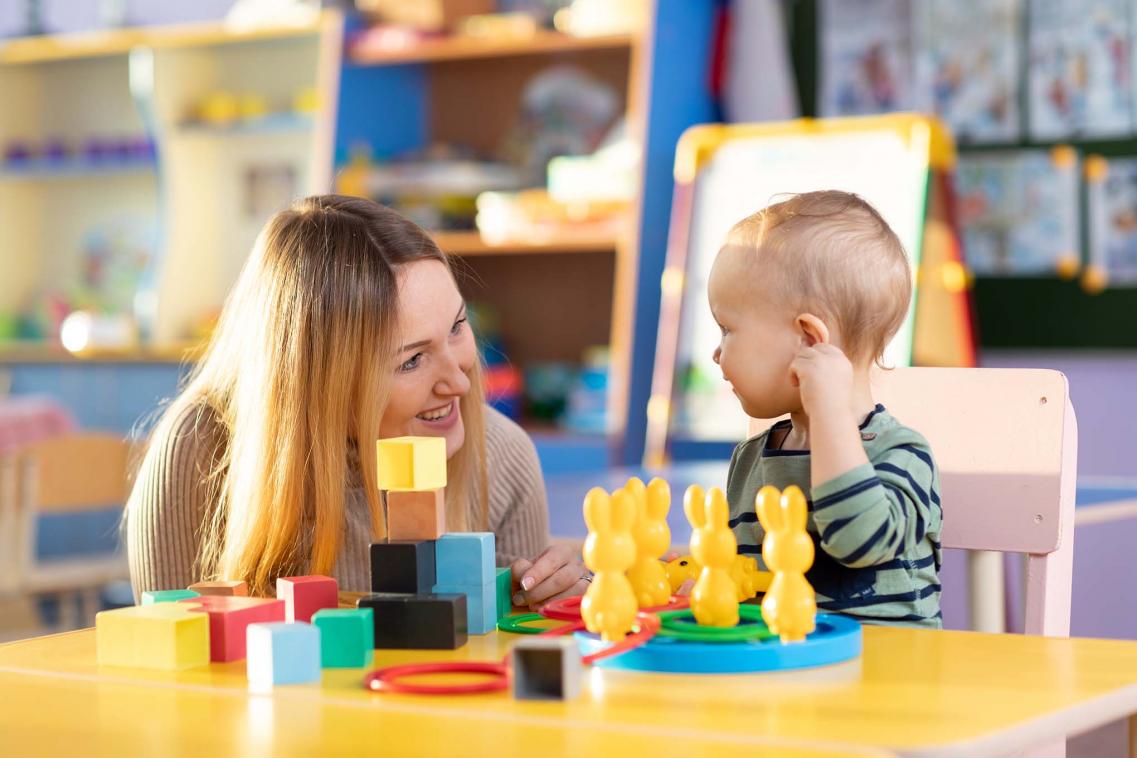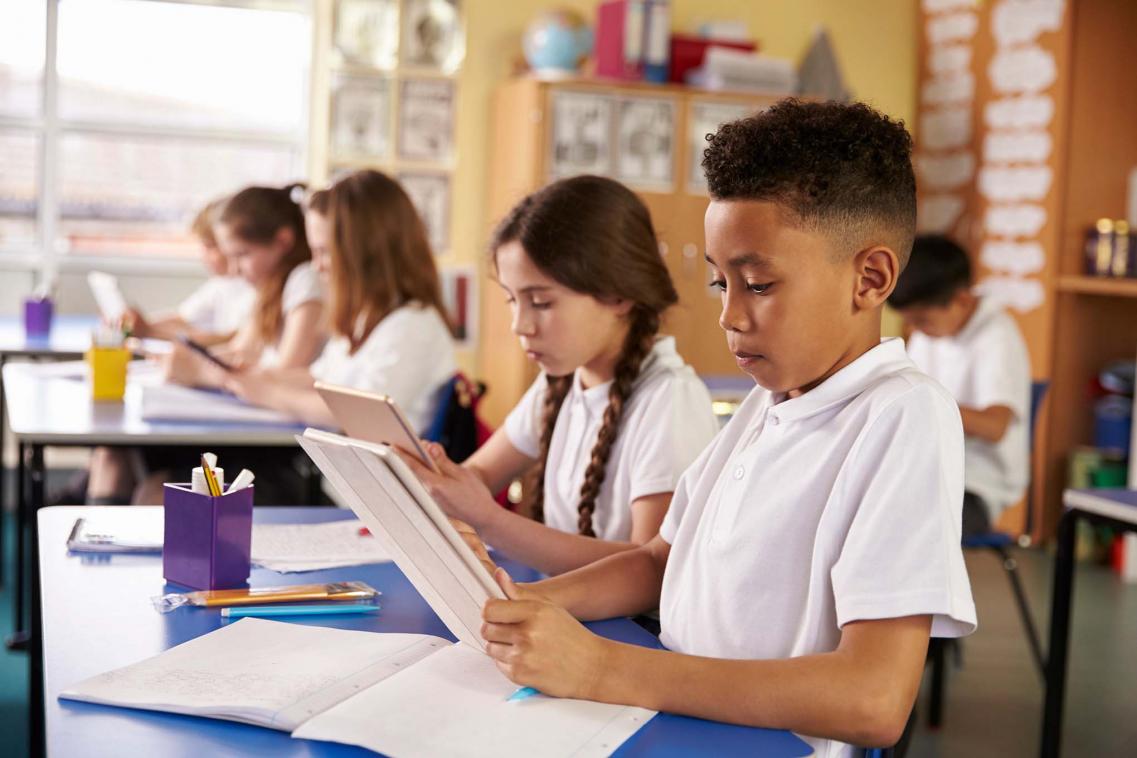Event
17 September 2018 at 10:30
<p>One Great George Street, Westminster, London SW1P 3AA</p>
At this event, IFS researchers will be launching their first annual report on education spending in England, supported by the Nuffield Foundation. This will provide consistent measures of day-to-day spending per pupil in England across the four main stages of education stretching back to the early 1990s.





































